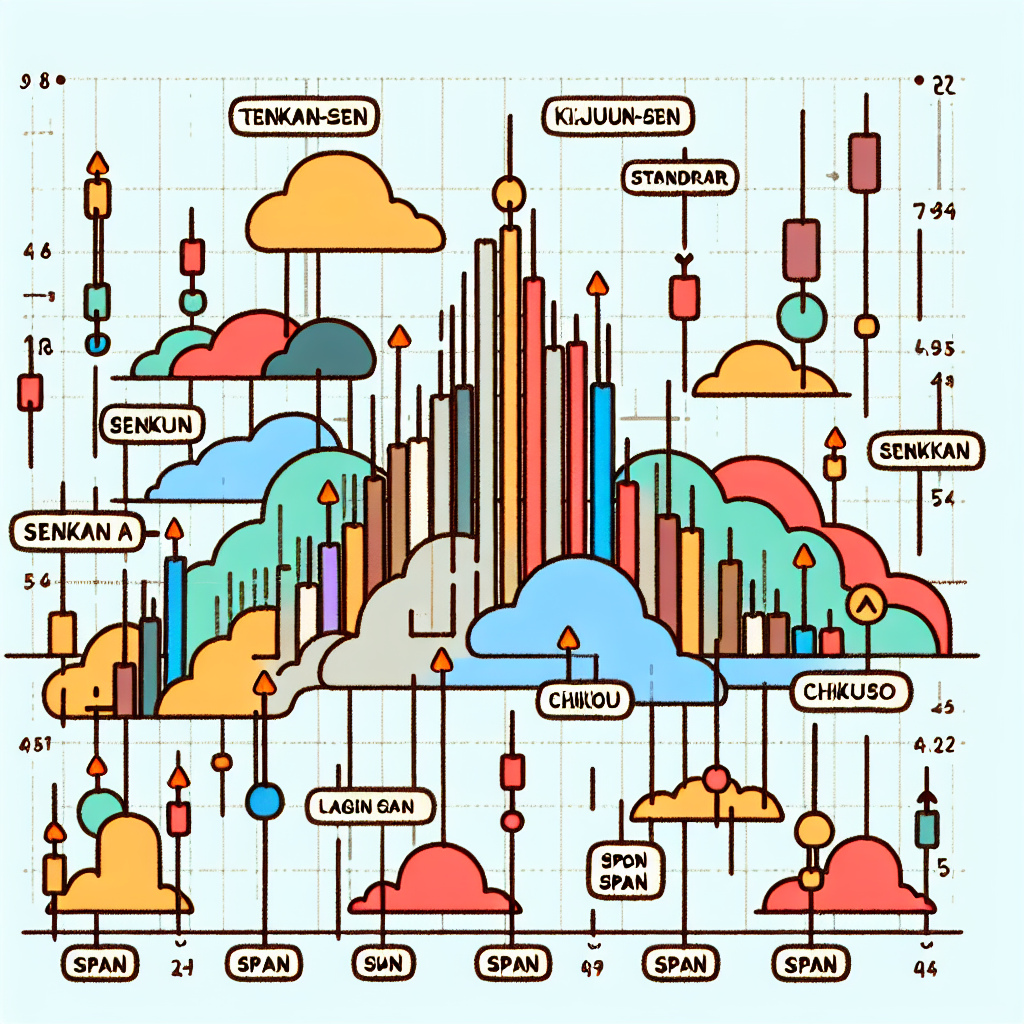
Comparing Online Trading Platforms
1. User Interface
When comparing online trading platforms, one of the most important factors to consider is the user interface. A user-friendly interface can make it easier for traders to navigate the platform, place trades, and access important information. Look for platforms that have a clean and intuitive design, with easy-to-use tools and features.
2. Fees and Commissions
Another key consideration when comparing online trading platforms is the fees and commissions that they charge. Some platforms have lower fees than others, which can significantly impact your bottom line. Be sure to compare the fees for trading stocks, options, and other securities, as well as any account maintenance fees.
3. Trading Tools and Features
Different online trading platforms offer a variety of tools and features to help traders make informed decisions. Look for platforms that provide real-time market data, research reports, and analysis tools. Some platforms also offer advanced trading features such as options trading, margin trading, and automated trading.
4. Customer Support
Customer support is another important factor to consider when comparing online trading platforms. Look for platforms that offer responsive customer support via phone, email, or live chat. It’s also a good idea to read reviews from other users to see how satisfied they are with the platform’s customer service.
5. Security and Reliability
Security and reliability are crucial when it comes to online trading platforms. Look for platforms that use encryption to protect your personal and financial information, and that have a track record of reliable service. It’s also a good idea to check if the platform is regulated by a reputable financial authority.
6. Mobile Trading
In today’s fast-paced world, many traders prefer to trade on the go using their mobile devices. When comparing online trading platforms, consider whether they offer a mobile app that allows you to trade from anywhere. Look for apps that are easy to use and offer the same features as the desktop platform.
Conclusion
In conclusion, when comparing online trading platforms, it’s important to consider factors such as user interface, fees and commissions, trading tools and features, customer support, security and reliability, and mobile trading capabilities. By carefully evaluating these factors, you can choose the platform that best meets your needs and helps you achieve your trading goals.






